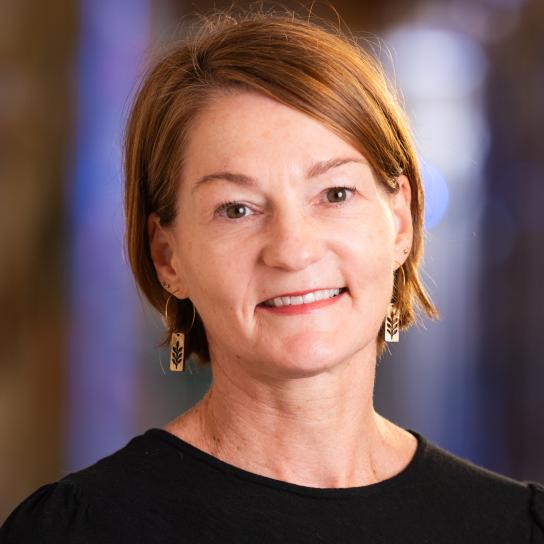by Beth Staats
Quick Summary
The National Information Standards Organization (NISO) announced today that its draft Video and Audio Metadata Recommended Practice is now available for public comment through August 5, 2022. This new Recommended Practice establishes guidelines for metadata for video and audio assets including administrative metadata, semantic metadata, technical metadata, rights metadata, and accessibility metadata.

[Reprinted from National Information Standards Organization (NISO)]
The National Information Standards Organization (NISO) announced today that its draft Video and Audio Metadata Recommended Practice is now available for public comment through August 5, 2022. This new Recommended Practice establishes guidelines for metadata for video and audio assets including administrative metadata, semantic metadata, technical metadata, rights metadata, and accessibility metadata.
Video and audio materials are an increasingly important form of scholarly output across all disciplines, and the pandemic has only served to reinforce the relevance of this project—use of virtual conference recordings and scholarly video has increased exponentially over the past two years. However, while there are metadata standards in place for text-based outputs like journals and books, there have been no clear, mutually accepted recommendations for media assets. The NISO Video and Audio Metadata Recommended Practice aims to improve the dissemination, discoverability, and indexability of video and audio content, including helping to ensure that media assets comply with web accessibility standards, which require specific tagging that is rarely applied at present due to a lack of clear metadata crosswalks and best practice recommendations between text and non-text formats.
Video and Audio Metadata Working Group co-chair, Barbara Chen (formerly Director of Bibliographic Information Services and Editor, MLA International Bibliography Modern Language Association, now retired) said, “We are pleased and proud to share this draft Recommended Practice, the culmination of around three years’ work involving a working group of stakeholders from libraries, publishers, and vendors. We developed extensive use cases involving multiple stakeholders, assessed existing standards and analyzed these to determine the properties required to serve in communication, and then organized these properties into “global” and domain-specific lists, to enable quick application by our audience.”
Co-chair Violaine Iglesias (CEO, Cadmore Media) added, “The working group aspired to make exchange of content among producers and consumers more efficient by identifying essential elements of information exchange and by reducing transactional ambiguity. We’re looking forward to input from these parties and any additional feedback to help us improve it further before publication.”
Co-chair Bill Kasdorf (Principal, Kasdorf and Associates, LLC) noted, “The draft NISO Recommended Practice is not expected to replace any metadata standards already in use in different sectors. Rather, it’s intended to be a “Rosetta Stone” to enable two parties, each of which uses a particular metadata model which might be unlike the other, to communicate clearly with each other.”
And co-chair Michelle Urberg (representing the Music Library Association) summed up, “The draft Recommended Practice also includes a “Tips for Application” section that we hope will aid practical application and use. We are pleased to share this draft with the wider community and look forward to receiving feedback from any potential adopter.”
NISO's Associate Executive Director, Nettie Lagace, added, "Many thanks to Barbara, Violaine, Bill, Michelle, and the other Video and Audio Metadata Working Group members for their valuable contributions to this draft Recommended Practice, which will help support the discovery and use of non-text formats. NISO welcomes community input on these guidelines, and encourages all who create or consume scholarly video and audio materials to provide us with their feedback.”
The draft Recommended Practice, with commenting capability, is available at the Working Group’s web page from June 21 to August 5, 2022.


